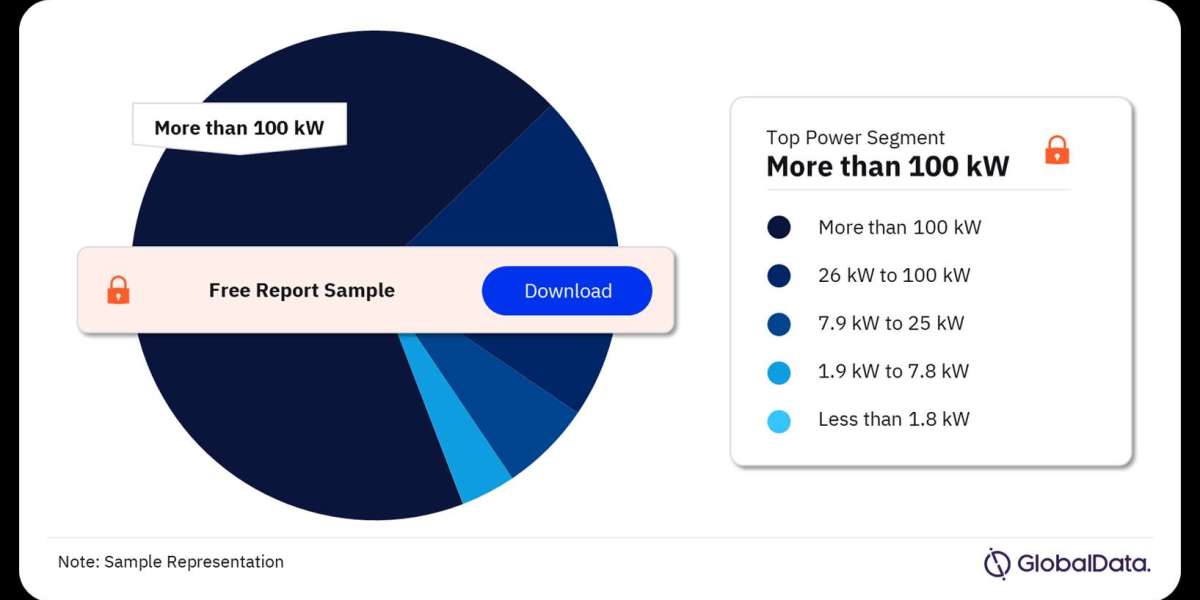This article explores the dynamics of the EV charging infrastructure market, including its types, trends, key players, government initiatives, challenges, and future outlook.
Introduction to EV Charging Infrastructure Market
Importance of EV Charging Infrastructure
EV charging infrastructure plays a pivotal role in supporting the widespread adoption of electric vehicles. Without a robust network of charging stations, EV owners may face limitations in terms of range and accessibility, hindering the overall growth of the EV market.
Growth of Electric Vehicles Market
The increasing awareness of environmental issues and the declining costs of EVs have contributed to the exponential growth of the electric vehicles market. As more consumers embrace sustainable transportation solutions, the demand for EV charging infrastructure continues to escalate.
Types of EV Charging Infrastructure
AC Charging Stations
AC charging stations are commonly found in residential areas, workplaces, and public parking facilities. They provide a slow but convenient charging option for EV owners, typically using a standard household outlet or a dedicated charging unit.
DC Fast Charging Stations
DC fast charging stations offer rapid charging solutions, allowing EVs to recharge significantly faster compared to AC charging. These stations are typically located along highways and major transportation routes, catering to long-distance travel needs.
Wireless Charging
Wireless charging technology eliminates the need for physical cables by transmitting power through electromagnetic fields. While still in its nascent stage, wireless charging has the potential to revolutionize the EV charging experience by offering seamless and convenient charging solutions.
Current Market Trends
Adoption of Fast-Charging Stations
With the increasing demand for convenient charging options, there is a growing trend towards the deployment of fast-charging stations. These stations enable EV owners to recharge their vehicles quickly, reducing waiting times and enhancing the overall charging experience.
Integration of Renewable Energy Sources
Many EV charging infrastructure projects are incorporating renewable energy sources such as solar and wind power. By harnessing clean energy sources, these initiatives aim to reduce carbon emissions and promote sustainability in transportation.
Key Players in the Industry
Tesla
Tesla, a leading manufacturer of electric vehicles, also operates one of the largest networks of EV charging stations globally. The company's Supercharger network offers fast-charging capabilities, making long-distance travel more feasible for Tesla owners.
ChargePoint
ChargePoint is a prominent provider of EV charging solutions, offering a comprehensive network of charging stations across various locations. The company's focus on innovation and user experience has contributed to its widespread adoption among EV drivers.
EVgo
EVgo is known for its extensive network of fast-charging stations, catering to the needs of urban and suburban EV owners. The company's commitment to expanding its charging infrastructure footprint has positioned it as a key player in the industry.
Government Initiatives and Regulations
Incentives for EV Charging Infrastructure
Many governments around the world offer incentives and subsidies to encourage the deployment of EV charging infrastructure. These incentives may include tax credits, grants, and rebates aimed at offsetting the costs associated with installing charging stations.
Regulatory Frameworks Promoting Adoption
Regulatory frameworks play a crucial role in shaping the EV charging infrastructure landscape. Governments enact policies and standards to ensure interoperability, safety, and accessibility across charging networks, thereby fostering the growth of the EV market.
Challenges in EV Charging Infrastructure
Range Anxiety
Range anxiety, the fear of running out of battery power while driving, remains a significant concern for EV owners. Addressing this issue requires the expansion of charging networks and the development of advanced battery technologies to improve EV range and reliability.
Standardization Issues
The lack of standardized protocols and connectors poses challenges for interoperability and compatibility among different EV models and charging stations. Standardization efforts are underway to establish uniformity and streamline the EV charging experience.
Future Outlook
Technological Advancements
Advancements in battery technology, charging infrastructure, and vehicle-to-grid (V2G) integration are expected to drive significant innovations in the EV market. These developments will enhance charging efficiency, reduce costs, and expand the capabilities of electric vehicles.
Expansion of Charging Networks
As the demand for EVs continues to grow, there will be a corresponding expansion of charging networks to meet the needs of a diverse range of consumers. This expansion will involve the deployment of charging infrastructure in urban areas, rural communities, and along major transportation corridors.
Conclusion
The EV charging infrastructure market plays a crucial role in facilitating the transition to electric mobility. With advancements in technology, supportive government policies, and the efforts of key industry players, the future of EV charging looks promising. By addressing challenges and embracing opportunities, the EV charging ecosystem will continue to evolve, driving sustainable transportation solutions worldwide.
Buy the Full Report for More Segment-Wise Information on Electric Vehicle Charging Infrastructure Market, Download a Free Report Sample








